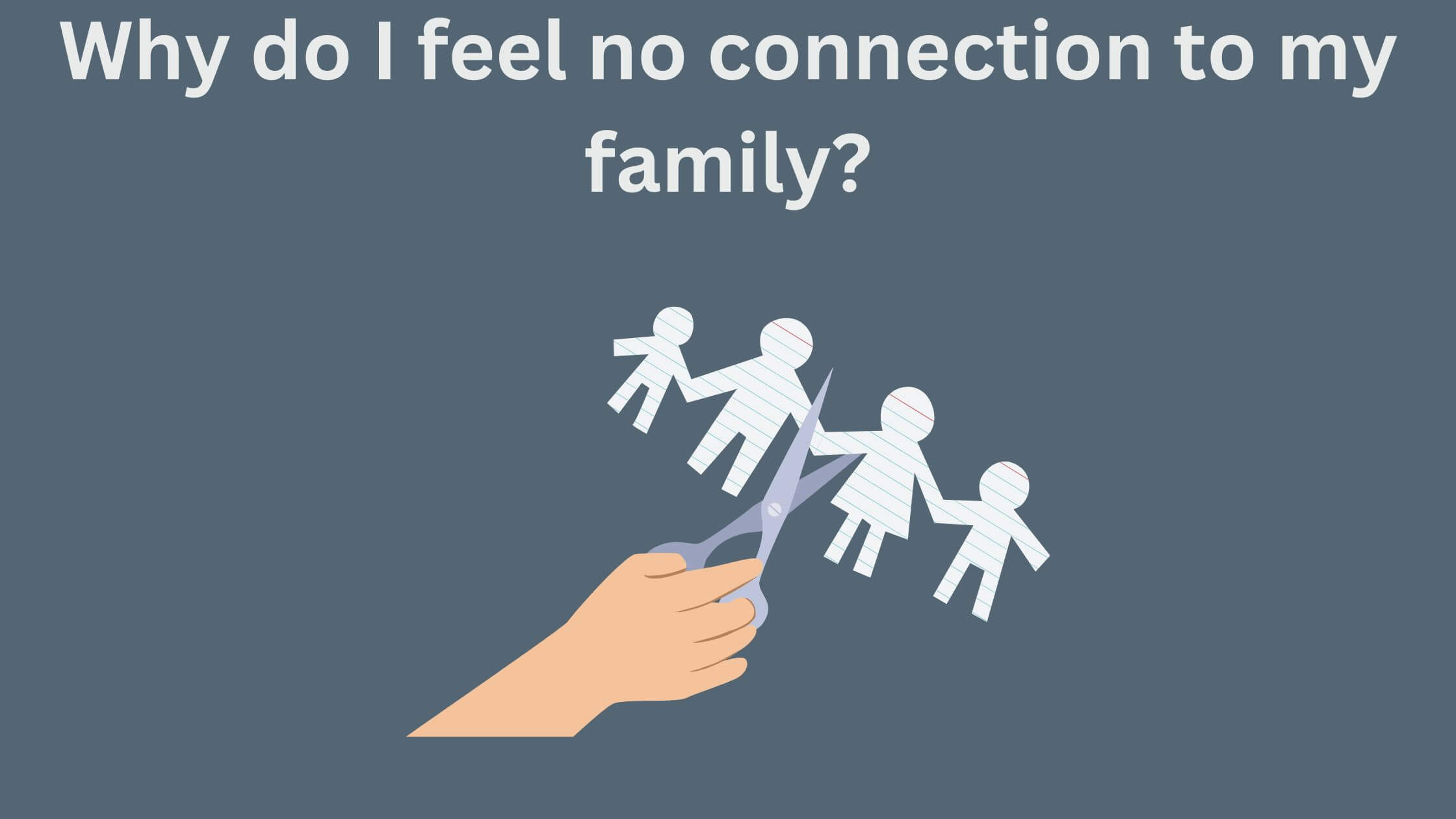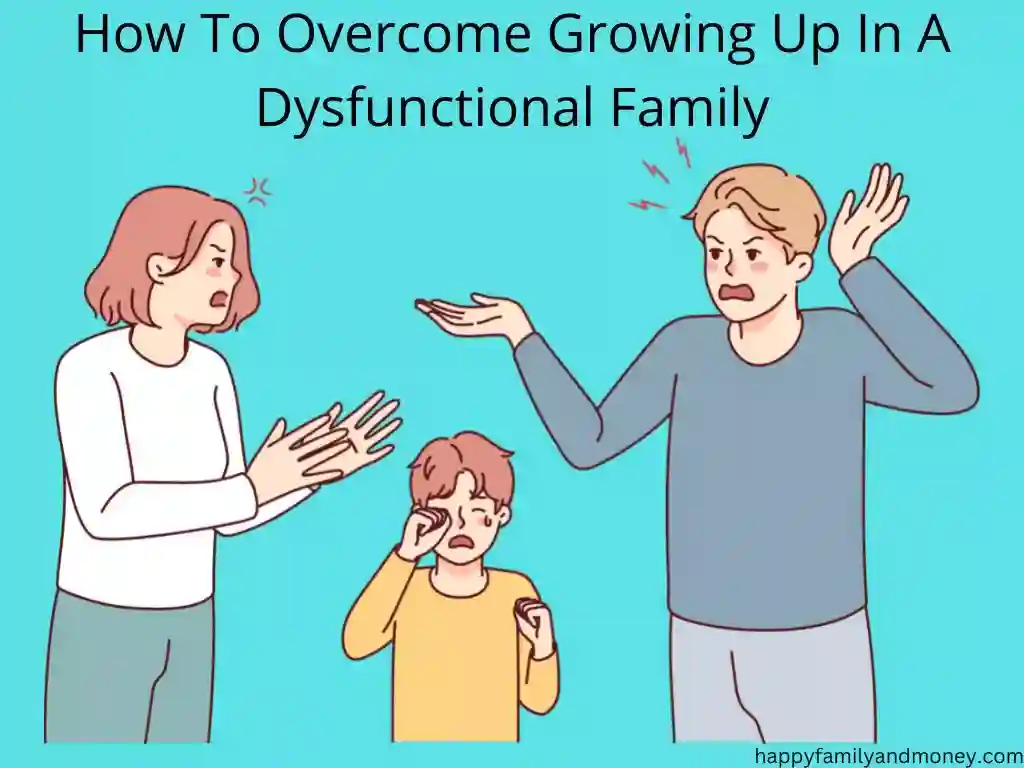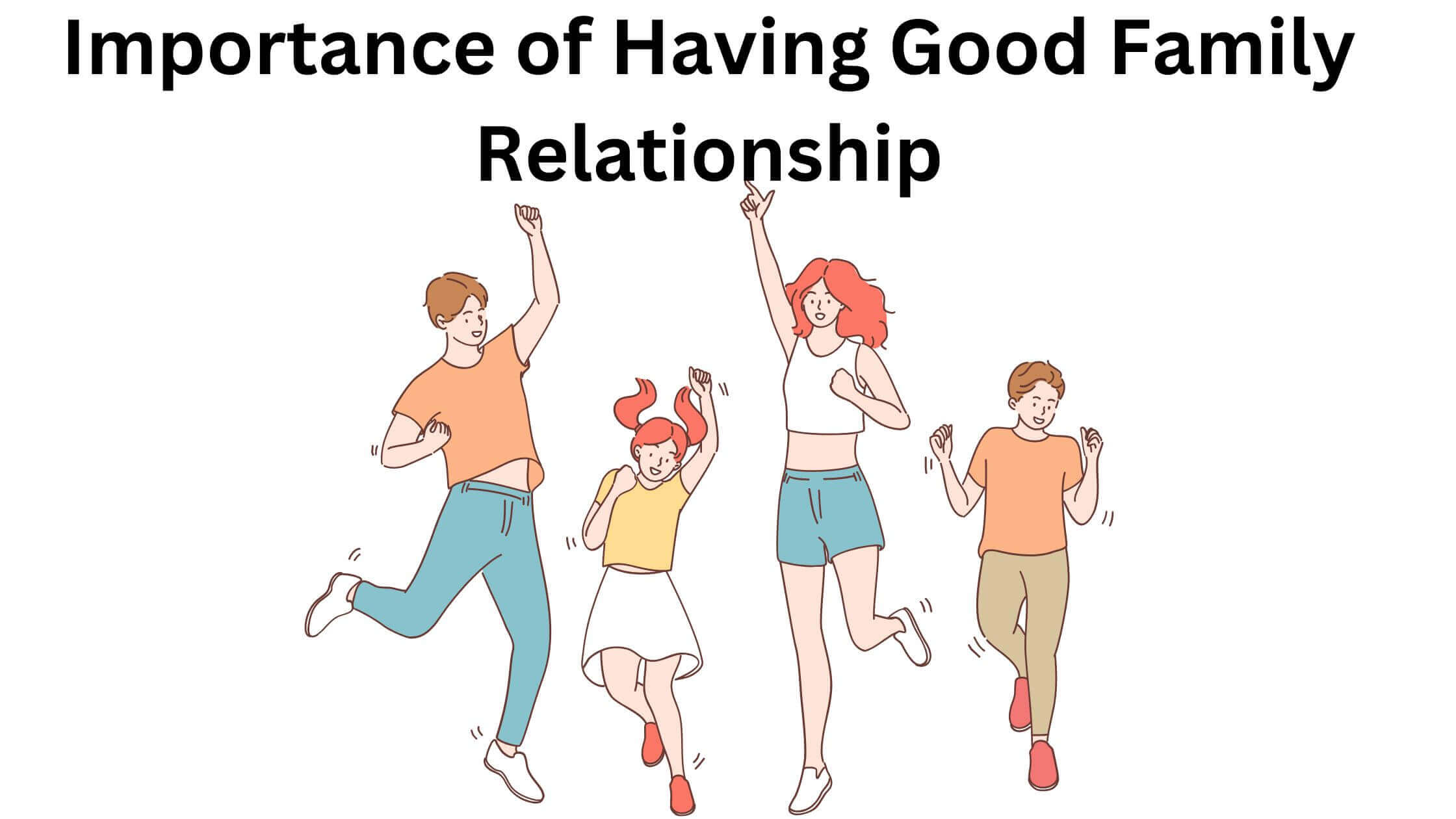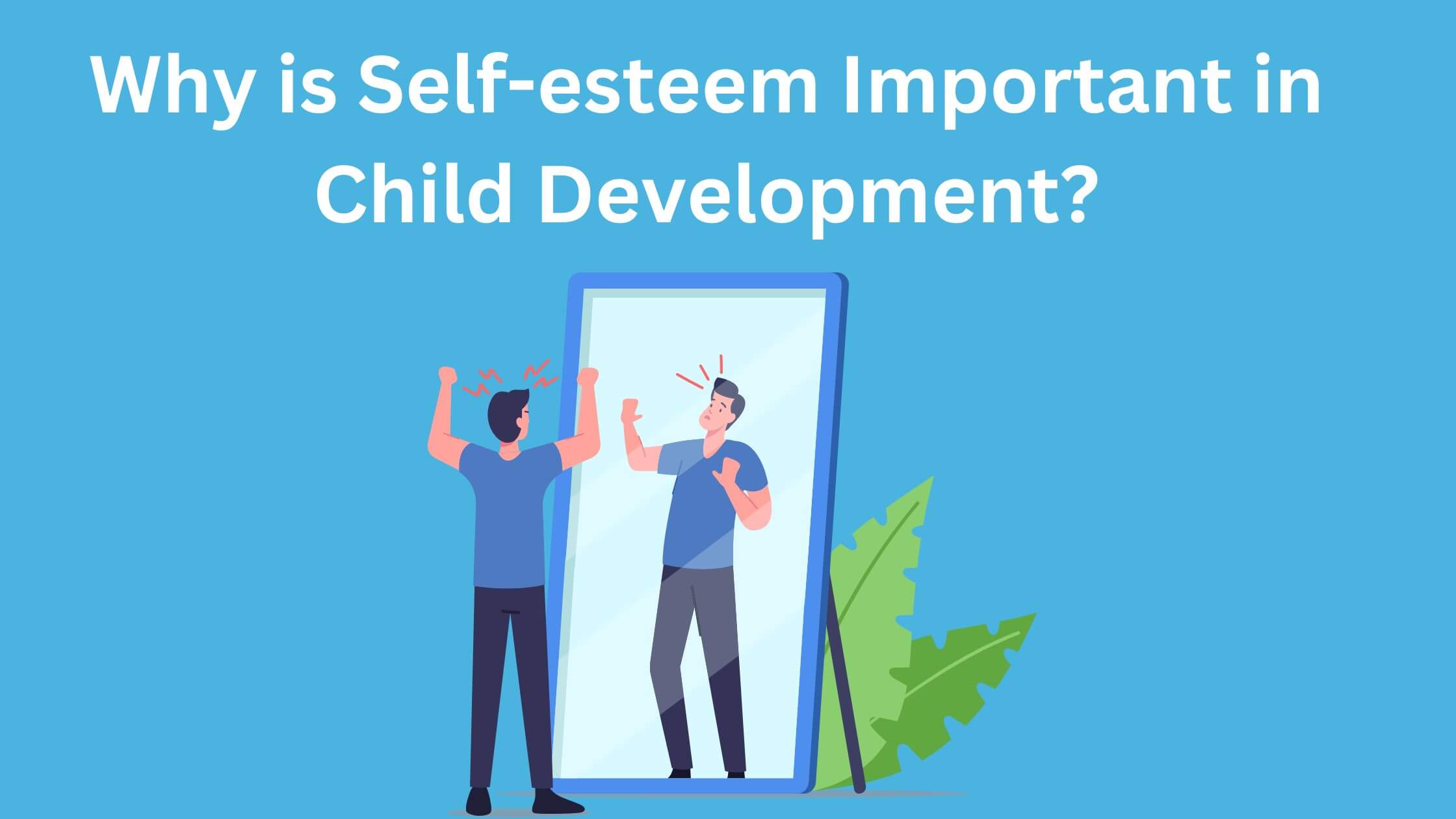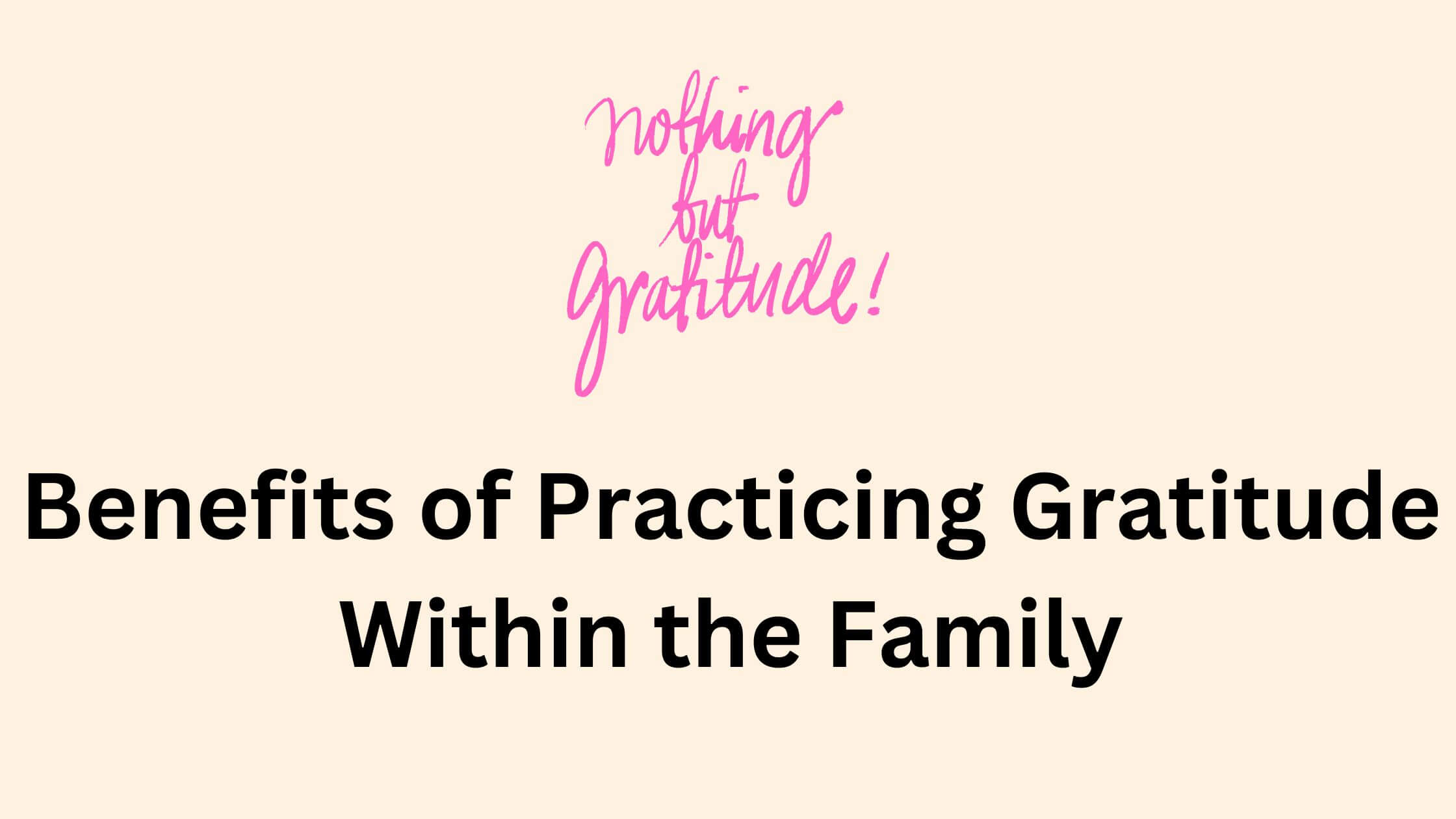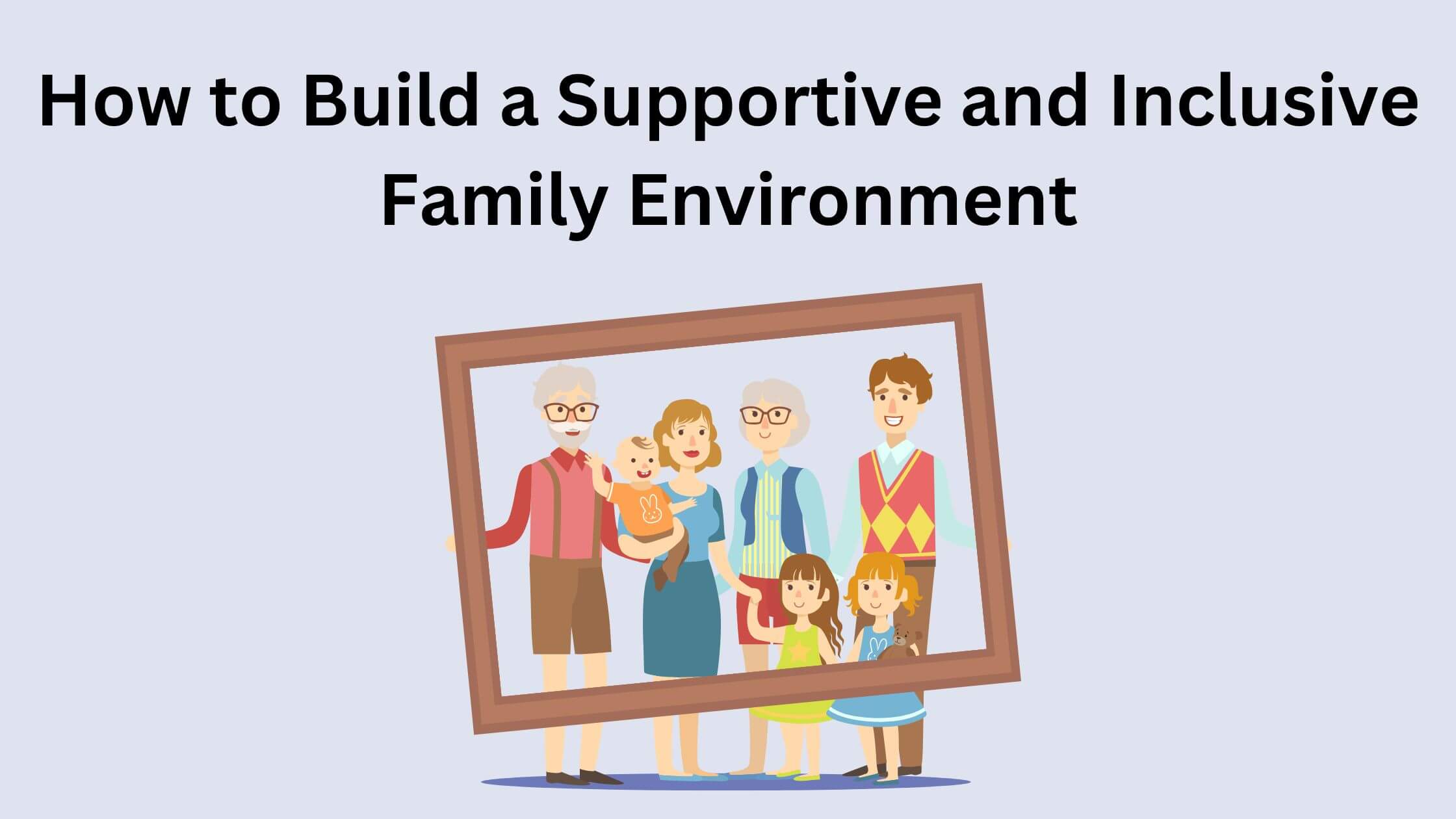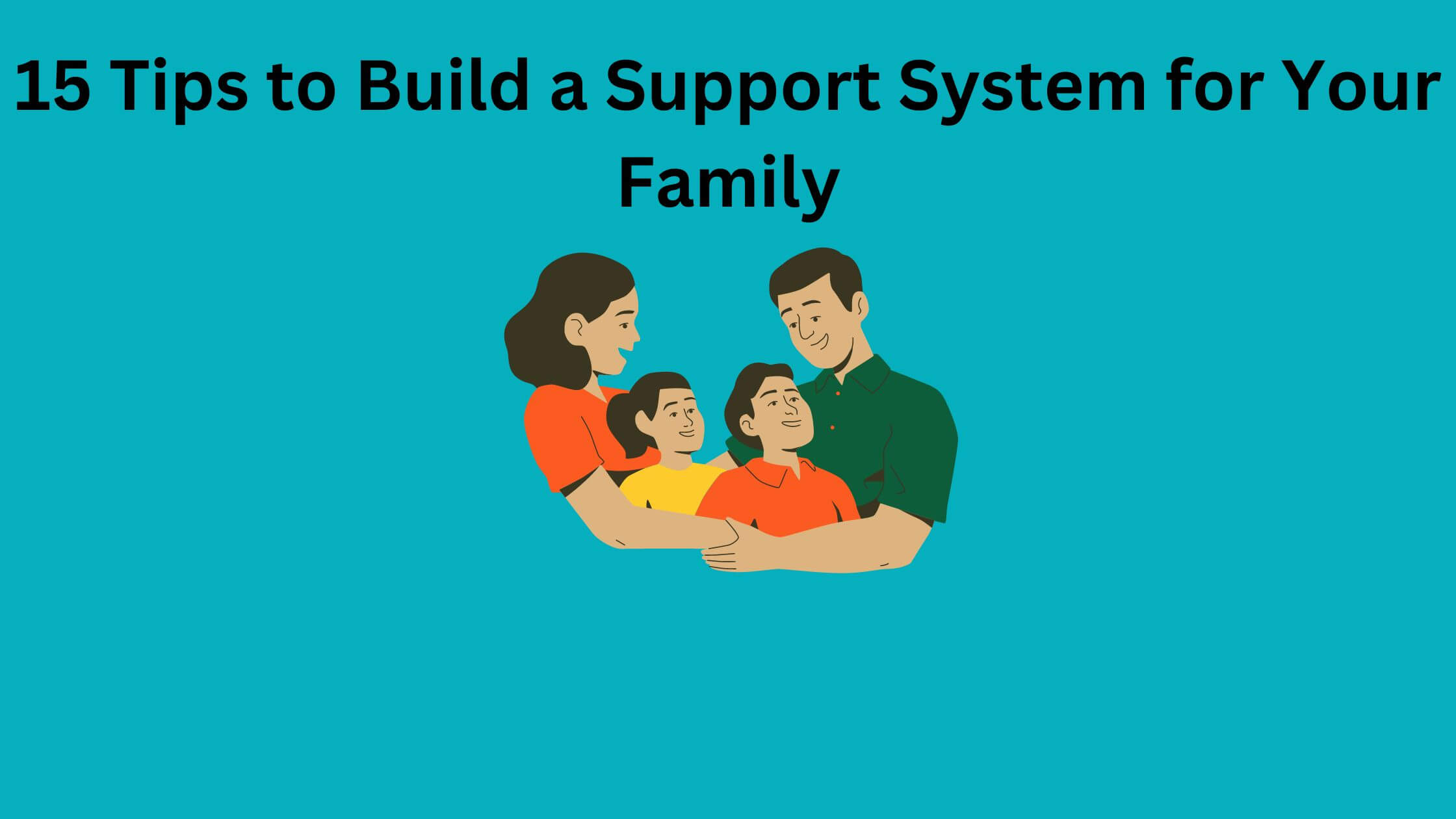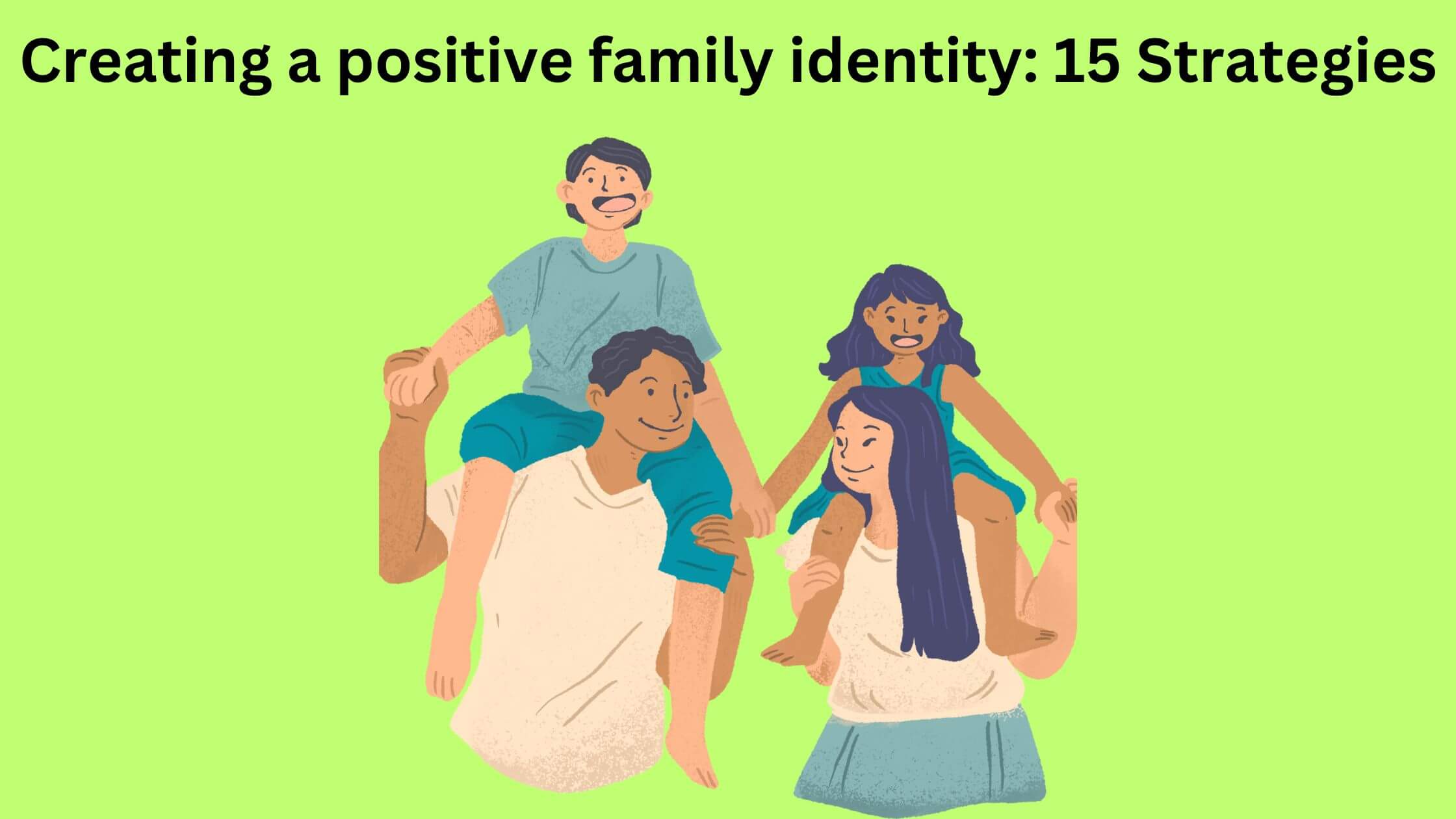Feeling disconnected from your family can be a confusing and lonely experience. It’s more common than you might think, affecting millions worldwide. This article will help you understand possible reasons behind this disconnection and provide practical steps to foster a closer bond with your kin.
Ready to reconnect? Let’s get started!
Key Takeaways
- Feeling disconnected from your family is more common than you think and can be caused by reasons like abuse, neglect, enmeshment, parental favoritism, clash of values, connecting with someone else, and lack of competencies.
- To improve connection with your family:
- Communicate regularly and openly to understand each other’s thoughts and feelings.
- Practice active listening by giving full attention without interruptions.
- Spend quality time together doing activities everyone enjoys.
- Seek professional help if needed to navigate complex emotions or unresolved conflicts.
- Set boundaries to create a healthier dynamic within the family unit.
- Factors to consider when trying to improve connection include willingness to forgive past grievances, openness to understanding differences, respect for individual autonomy, recognition of unhealthy patterns in the family system, and commitment to personal growth.
Reasons for Feeling Disconnected from Family
There are several reasons why you may feel disconnected from your family, including abuse, neglect, enmeshment, parental favoritism, clash of values, connecting with someone else, and lack of competencies.
Abuse
Abuse can rip families apart. It might be from a parent, sibling, or other relative. This could be physical harm or harsh words that hurt feelings deeply. Being abused often leads to fear and sadness in the family home.
These bad feelings can make you feel no bond with your family members who abuse you. If someone hurts you, it’s hard to feel love for them or want to spend time with them. You may even try to stay away from them as much as possible.
It’s important we stop this pain and heal these wounds so families can come together again.
Neglect
Neglect can be a reason why you feel no connection to your family. When neglect happens, it means that your emotional and physical needs are not being met by your family members. Neglect can take many forms, such as not receiving enough attention or care from your parents or feeling ignored and unseen in the household.
It can lead to feelings of loneliness, sadness, and detachment from your family members. Rebuilding the bond with a neglected family member requires open communication, seeking professional help if needed, and finding ways to spend quality time together.
Enmeshment
Enmeshment occurs when family members have unhealthy boundaries and become overly involved in each other’s lives. This can lead to a lack of individuality, independence, and personal growth within the family unit.
Enmeshed families may struggle with codependency and have difficulty recognizing and respecting each other’s boundaries. It can be challenging for individuals in enmeshed families to form their own identities and establish healthy relationships outside of the family.
To improve connection within an enmeshed family, it is important to establish clear boundaries, encourage open communication, promote autonomy, and seek professional help if needed to address underlying issues.
Parental Favoritism
Parental favoritism can cause a significant strain on the connection between family members. When parents show preferential treatment towards one child over another, it can lead to feelings of resentment, jealousy, and emotional distance within the family.
This favoritism may be based on various factors such as personality similarities or achievements, but it often leaves the other children feeling neglected and unloved. As a result, those who are not favored may struggle to develop a strong bond with their parents and siblings.
It is important for parents to recognize and address any instances of favoritism in order to foster a healthier and more inclusive family dynamic.
Clash of values
Sometimes, you might feel disconnected from your family because of a clash of values. Each person has their own beliefs, opinions, and ways of doing things. When these values clash with those of your family members, it can create tension and make it difficult to connect on a deeper level.
For example, if you value independence and individuality but your family values conformity and tradition, it can be challenging to find common ground. However, by understanding and accepting that everyone is entitled to their own values, you can work towards finding compromise and mutual respect within the family.
It’s important to engage in open-minded discussions where both parties can share their perspectives without judgment or criticism. By practicing empathy and seeking understanding, you can bridge the gap between different values within your family and strengthen your connection with them.
Connecting with someone else
One reason you may feel no connection to your family is because you have connected with someone else. Maybe you have formed a strong bond with a friend, significant other, or mentor who understands and supports you in ways your family doesn’t.
This can make it difficult to connect with your family on an emotional level. Building connections outside of the family is normal and healthy, but it’s important to also make an effort to maintain and improve relationships within your family.
By finding a balance between these different connections, you can create stronger bonds both inside and outside of the family unit.
Lack of competencies
If you feel disconnected from your family, it might be because of a lack of competencies. This means that you may not have the skills or abilities to connect with them in a meaningful way.
It could be due to a variety of reasons, such as poor communication skills, difficulty expressing emotions, or not knowing how to resolve conflicts. Improving these competencies can help you strengthen your relationship with your family members and feel more connected to them.
Ways to Improve Connection with Family
Communicate regularly and openly, practice active listening, spend quality time together, seek professional help if needed, and set boundaries. These are just a few ways to improve your connection with your family.
Discover more strategies to strengthen your bond and create a healthier relationship by reading the full article.
Communicate regularly and openly
To improve your connection with your family, it’s important to communicate regularly and openly. This means talking to each other about your thoughts, feelings, and experiences. Regular communication allows you to stay connected and informed about what’s happening in each other’s lives.
It also helps build trust and understanding between family members. When you communicate openly, you create a safe space for everyone to express themselves honestly without fear of judgment or criticism.
By sharing openly, you can address any concerns or issues that may be causing distance in your relationships. Remember that effective communication involves not just speaking but also actively listening to what others have to say.
Practice active listening
To improve your connection with your family, it’s important to practice active listening. This means really paying attention when someone is speaking to you. Put away distractions like phones or TV and give them your full focus.
Show that you are listening by maintaining good eye contact, nodding, and asking clarifying questions if needed. Don’t interrupt or jump in with your own thoughts while they’re talking – let them finish before responding.
This helps create a safe space for open communication and shows that you value their words and opinions. By actively listening, you can better understand each other’s feelings and needs, which can strengthen your family bond.
Spend quality time together
To improve your connection with your family, it’s important to spend quality time together. By engaging in activities that everyone enjoys, you can create positive memories and strengthen your bond.
This could include things like having regular family meals, going on outings or vacations together, playing games, or simply spending time talking and listening to one another. Quality time allows for open communication and fosters a sense of belonging within the family unit.
It also provides an opportunity to build trust and understanding while enjoying each other’s company. So make sure to prioritize spending quality time with your family as a way to enhance your connection with them.
Seek professional help if needed
If you are struggling to improve your connection with your family, it’s important to remember that seeking professional help is an option. Sometimes, our issues and emotions can be complex and challenging to navigate on our own.
A trained therapist or counselor can provide valuable guidance and support as you work towards building stronger bonds within your family. They can help you process any past traumas or unresolved conflicts that may be contributing to the disconnect.
Don’t hesitate to reach out for assistance if you feel like you need it – there is no shame in asking for help when it comes to improving relationships with loved ones.
Set boundaries
Setting boundaries is an essential aspect of improving your connection with your family. By establishing clear limits, you can protect yourself from harm and create a healthier dynamic.
This may involve communicating your needs and expectations, saying no when necessary, and defining what behavior is acceptable or unacceptable. Setting boundaries also helps to foster respect within the family unit and promotes open communication.
It’s important to remember that setting boundaries is not about pushing others away, but rather creating a space where everyone feels safe and understood.
Factors to Consider When Trying to Improve Connection
Consider these factors when trying to improve your connection with family for lasting, positive changes. Read more to find out how you can create stronger bonds and foster a deeper sense of belonging within your family.
Willingness to forgive and let go of past grievances
One important factor to consider when trying to improve your connection with family is the willingness to forgive and let go of past grievances. Holding onto grudges and resentments can create barriers in relationships, making it difficult to move forward.
By choosing forgiveness, you open the door for healing and rebuilding trust within your family. It allows for a fresh start and creates space for positive interactions. Letting go of past hurts can be challenging, but it’s essential for creating a stronger bond with your loved ones.
Remember that forgiveness does not mean condoning the actions or behaviors that hurt you; it means choosing to release negative emotions and focus on building healthier connections.
Openness to understanding and accepting differences
Being open to understanding and accepting differences is an important factor in improving your connection with your family. Each person in your family is unique, with their own thoughts, beliefs, and values.
It’s essential to approach these differences with an open mind and willingness to listen and understand where they are coming from. By being accepting of different perspectives, you can foster a more harmonious environment where everyone feels valued and respected.
This openness helps build empathy and compassion towards each other, allowing for better communication and greater understanding within the family unit.
Commitment to maintaining consistent communication
To improve your connection with your family, it is important to commit to maintaining consistent communication. This means regularly engaging in open and honest conversations with each other.
By making a commitment to communicate, you can address any misunderstandings or grievances that may be causing disconnection within the family. Consistent communication allows everyone to express their thoughts and feelings, which helps build understanding and empathy among family members.
It also helps create a safe space for discussing difficult topics and finding solutions together. Remember, open lines of communication are essential for building strong and healthy relationships within the family.
Building trust and creating a safe environment
To improve your connection with your family, it’s important to build trust and create a safe environment. Trust is the foundation of any healthy relationship, including those within families.
When there is trust, family members feel secure and comfortable opening up to one another. This can be achieved by being reliable and keeping promises, as well as being honest and transparent in communication.
Creating a safe environment involves establishing boundaries and ensuring that everyone feels respected and heard. It’s essential to foster an atmosphere where individuals feel free to express their thoughts, emotions, and concerns without fear of judgment or criticism.
This can be done by actively listening to each other without interrupting or dismissing opinions.
Willingness to seek compromise and find common ground
To improve your connection with your family, it’s important to be willing to seek compromise and find common ground. This means being open-minded and understanding that everyone has different perspectives and values.
Instead of trying to always be right or having things your way, try to meet halfway with your family members. Compromise is essential for building stronger relationships and resolving conflicts.
By finding common ground, you can bridge the gap between different viewpoints and work towards a healthier and more harmonious family dynamic. Remember, it takes effort from both sides to create a sense of understanding and unity within the family.
Importance of a Strong Family Connection
Having a strong family connection is crucial for our overall well-being and happiness. When we have a close bond with our family members, it provides us with emotional support, love, and a sense of belonging.
Research has shown that individuals who feel connected to their families tend to have better mental health outcomes and higher levels of life satisfaction.
A strong family connection also helps in times of crisis or challenges. When we face difficulties in life, having a supportive family can provide us with the strength and resilience to overcome these obstacles.
Our loved ones can offer advice, guidance, and encouragement during tough times.
Moreover, a strong family connection allows us to create lasting memories together. Whether it’s celebrating special occasions or simply spending quality time doing everyday activities like cooking or playing games, these shared experiences help strengthen our relationships and build fond memories that we can cherish for years to come.
In conclusion, having a strong family connection is invaluable. It provides us with emotional support, strengthens our resilience during challenging times, and allows us to create lifelong memories together.
By nurturing these bonds and prioritizing meaningful connections within our families, we can experience greater happiness and fulfillment in our lives.
Conclusion
Feeling disconnected from your family can be painful, but there are ways to improve the connection. By understanding the reasons behind this disconnection and taking steps to address them, such as setting boundaries and seeking professional help if needed, you can rebuild bonds and strengthen relationships.
Remember that it takes time and effort, but with willingness to forgive, open communication, and a commitment to understanding one another, you can create a stronger emotional bond with your family.
Don’t give up on repairing and strengthening those connections – it’s worth it in the end.

